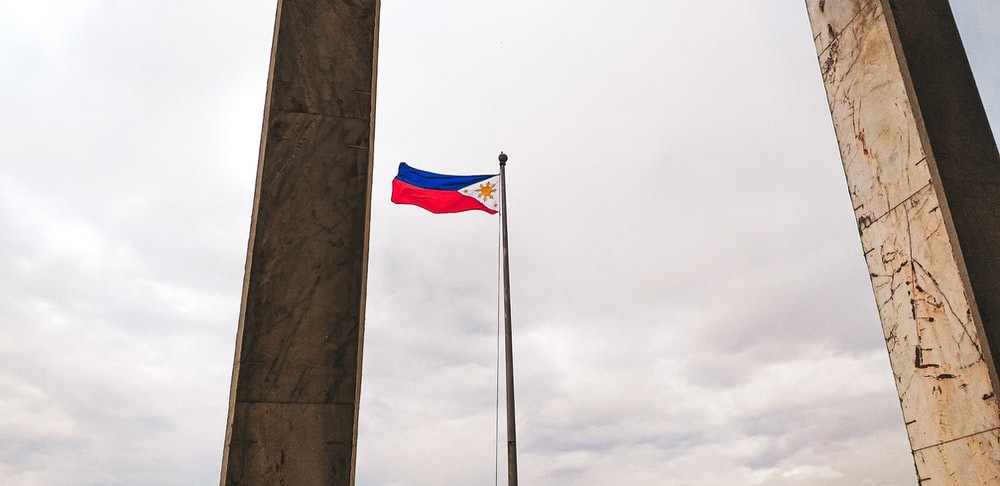
Published — July 02, 2022
The following post does not create a lawyer-client relationship between Alburo Alburo and Associates Law Offices (or any of its lawyers) and the reader. It is still best for you to engage the services of your own lawyer to address your legal concerns, if any.
Also, the matters contained in the following were written in accordance with the law, rules, and jurisprudence prevailing at the time of writing and posting, and do not include any future developments on the subject matter under discussion.
“There is only one Chief Executive who directs and controls the entire executive branch, and all other executive officials must implement in good faith his directives and orders.”
(National Electrification Administration v. Court of Appeals, G.R. No. 143481, February 15, 2002)
After reading “What is the so-called Executive Power of the President?”, read also “What is the Power of Appointment of the President of the Philippines?”
-
The executive power shall be vested in the President of the Philippines. (Article VII, Section 1, 1987 Constitution)
-
The President shall have control of all the executive departments, bureaus, and offices. (Article VII, Section 17, 1987 Constitution)
-
The President shall ensure that the laws are faithfully executed. (Article VII, Section 17, 1987 Constitution)
What is the executive power of the president?
Executive power refers to the power to enforce and administer the laws. It is the power of carrying out the laws into practical operation and enforcing their due observance.
The law says:
Article VII, Section 1 of the 1987 Constitution provides that:
“Section 1. The executive power shall be vested in the President of the Philippines.”
Article VII, Section 17 likewise states that:
“Section 17. The President shall have control of all the executive departments, bureaus, and offices. He shall ensure that the laws be faithfully executed.”
Jurisprudence says:
In the case of National Electrification Administration v. Court of Appeals, G.R. No. 143481, February 15, 2002, the Supreme Court ruled that:
“As the administrative head of the government, the President is vested with the power to execute, administer and carry out laws into practical operation. xxx While Congress is vested with the power to enact laws, the President executes the laws. The executive power is vested in the President. It is generally defined as the power to enforce and administer the laws. It is the power of carrying out the laws into practical operation and enforcing their due observance.” (Emphasis supplied.)
It was further held that:
“The presidential power of control over the executive branch of government extends to all executive employees from Cabinet Secretary to the lowliest clerk. The constitutional vesture of this power in the President is self-executing and does not require statutory implementation, nor may its exercise be limited, much less withdrawn, by the legislature.
Executive officials who are subordinate to the President should not trifle with the President’s constitutional power of control over the executive branch. There is only one Chief Executive who directs and controls the entire executive branch, and all other executive officials must implement in good faith his directives and orders. This is necessary to provide order, efficiency and coherence in carrying out the plans, policies and programs of the executive branch.” (Emphasis supplied.)
What is the power of administrative reorganization of the President?
The law says:
Section 31, Book III of Executive Order No. 292 or the Administrative Code of the Philippines provides that:
“The President, subject to the policy of the Executive Office and in order to achieve simplicity, economy and efficiency, shall have continuing authority to reorganize the administrative structure of the Office of the President.”
Jurisprudence says:
The Supreme Court, in the case of Rose Domingo, et. al. v. Ronaldo Zamora (G.R. No. 142283, February 06, 2003), provided for the rationale behind the power of the president to reorganize the administrative structure of the Office of the President, to wit:
“The Office of the President is the nerve center of the Executive Branch. To remain effective and efficient, the Office of the President must be capable of being shaped and reshaped by the President in the manner he deems fit to carry out his directives and policies. After all, the Office of the President is the command post of the President. This is the rationale behind the President’s continuing authority to reorganize the administrative structure of the Office of the President.” (Emphasis supplied.)
Are the powers of the president limited only to what is expressly stated in the Constitution?
Jurisprudence says:
In the case of Ferdinand Marcos v. Raul Manglapus, et. al. (G.R. No. 88211, September 15, 1989), the Supreme Court ruled that the powers of the president cannot be said to be limited only to the specific powers enumerated in the Constitution, to wit:
“Although the 1987 Constitution imposes limitations on the exercise of specific powers of the President, it maintains intact what is traditionally considered as within the scope of “executive power.” Corollarily, the powers of the President cannot be said to be limited only to the specific powers enumerated in the Constitution. In other words, executive power is more than the sum of specific powers so enumerated. It has been advanced that whatever power inherent in the government that is neither legislative nor judicial has to be executive.” (Emphasis supplied.)
Alburo Alburo and Associates Law Offices specializes in business law and labor law consulting. For inquiries, you may reach us at info@alburolaw.com, or dial us at (02)7745-4391/0917-5772207.
[email-subscribers-form id=”4″]

